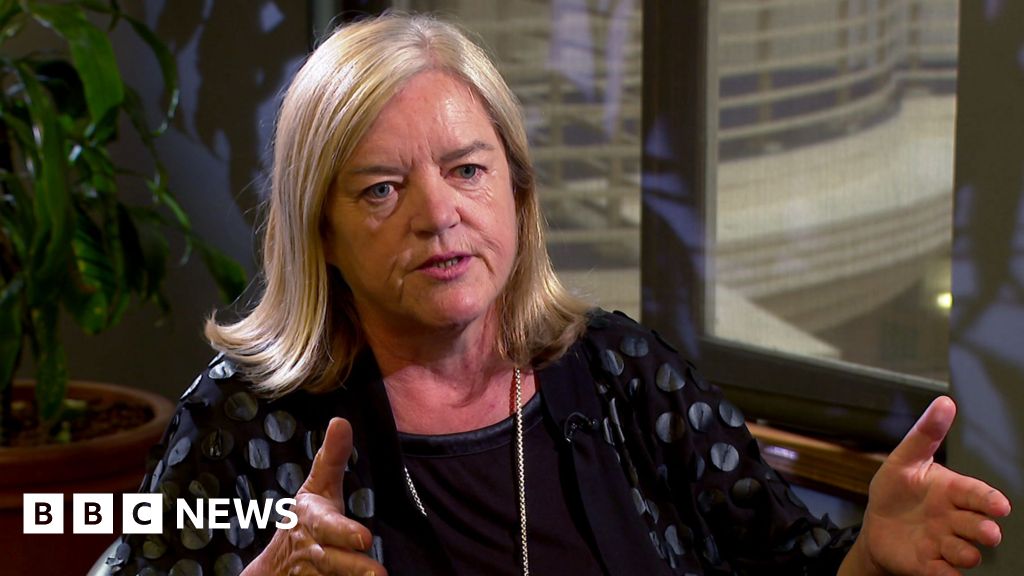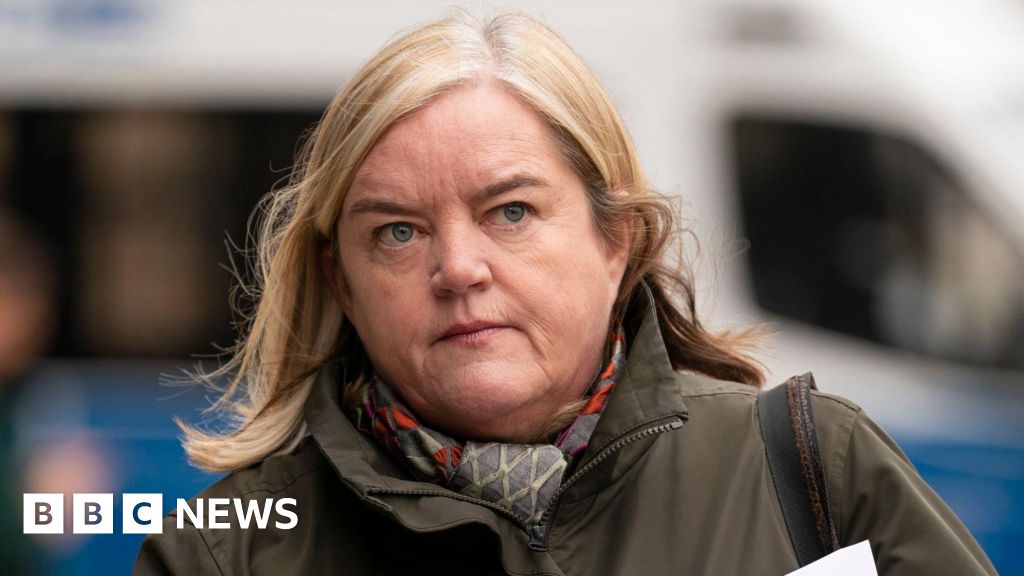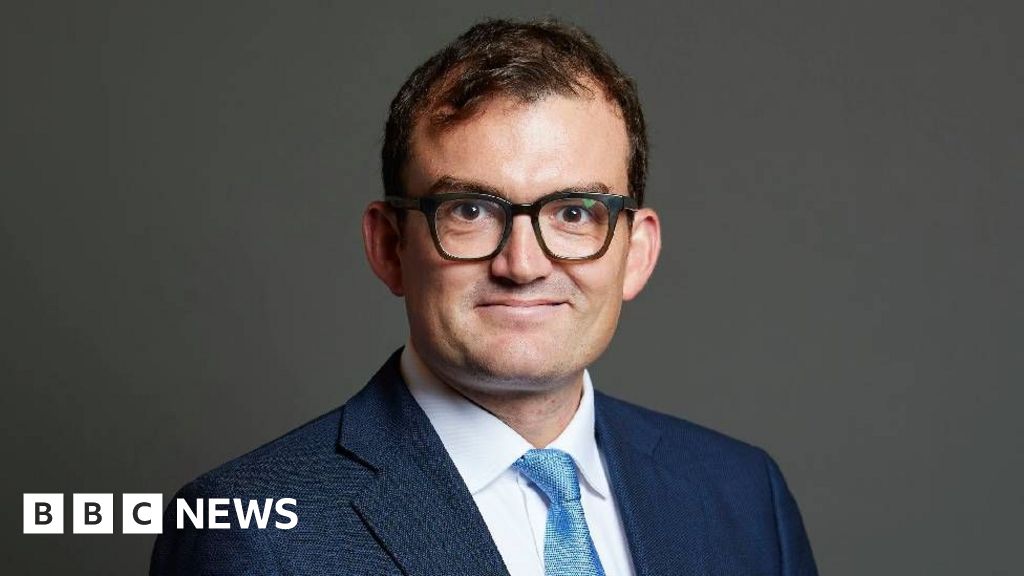ARTICLE AD BOX
Conservative leadership contender James Cleverly claims he has been "underestimated" throughout his political career because he has been too "diffident" about his achievements.
The shadow home secretary told Political Thinking With Nick Robinson some of his colleagues "parade their accomplishments like peacock feathers".
But he added: "I have been a little less like that."
He is now keen to trumpet his record as a political survivor who has held a series of senior roles including party chairman, foreign secretary and home secretary.
"Either I am uniquely lucky or I am actually good at what I do," he told Nick Robinson.
"I am a bit fed up pretending that I am not good at what I do."
Cleverly's three leadership rivals all have ministerial experience.
Robert Jenrick, a former immigration minister, currently has the most support from Conservative MPs, followed by former business seceretary Kemi Badenoch.
Cleverly is tied in third place with former security minister Tom Tugendhat after two rounds of voting by Tory MPs.
The four contenders will make their case to replace Rishi Sunak as party leader at the Conservative conference in Birmingham at the end of this month.
They will then be whittled down to two by Tory MPs, with the party membership getting the final say in a ballot.
In a wide-ranging interview with Nick Robinson, Cleverly also spoke about his experiences of being mixed-race in 1970s South London, when National Front marches were taking place.
"That was the backdrop of my of my childhood," he said, but "colour and race" was "just not a thing" for his own children and their friends.
"One of the things I love about this country and I think we underplay it, is that we have we have always been actually one of the most open and generous countries."
But he also argued that the country had gone backwards when it came to integration.
He said his mother, who came to the UK from West Africa in 1966 to work as an NHS midwife, "did not feel she had to integrate because for her, this was coming home".
Because Sierra Leone was run as a British colony until 1961, Cleverly said his mother's attitude to British institutions "and its rules came hard-coded when she arrived".
"We used to be really good at integration and we dropped the ball on that," Cleverly said.
The root of the problem lies in the inconsistent application of the UK's laws, he claimed.
"All institutions of the state should discharge their duty even-handedly and without fear or favour."
Despite this he said he argued modern Britain " is the best place in the world" to be "born in a minority group".
Pointing to his own success in becoming Britain's first black home secretary and foreign secretary, Cleverly said "there are more opportunities in British society that I think you would find in any other contemporary society".

 9 months ago
31
9 months ago
31








 English (US) ·
English (US) ·